What is procrastination, why we procrastinate & how to stop procrastinating
Procrastination is the action of constantly delaying or postponing something. Are you constantly seeking ways to overcome procrastination? You are not alone.
Overcoming procrastination is a common challenge for many of us. We wish we did things on time so we wouldn’t be stressed all the time. Thinking about deadlines and to-do-lists can be quite stressful.
Procrastination makes us wish that we had time to do the things that matter. What we don’t realize is that we do have the time, we just don’t use it well.
It’s possible that as you Google searched ‘how to stop procrastinating’, you came across some procrastination memes or procrastination quotes and you got distracted. You forgot you were searching for solutions to help you stop procrastinating.
Do you know what else procrastination does? It gives us anxiety. The more we procrastinate, the more anxious we get about the tasks ahead of us. As a result, we live miserable and anxious lives simply because we are not doing what we should be doing.
Procrastination is also guilty of killing many dreams. We know dreams without actions are just that, dreams. If all we do is dream about what we want but not take any action towards achieving it, then our dreams die eventually.
Our lack of taking action due to our constant procrastination continues to keep us far from our dreams.
Before we get into how to stop procrastinating, let’s first understand why we procrastinate.
Why we procrastinate
Procrastination is an emotional problem, not a time management problem
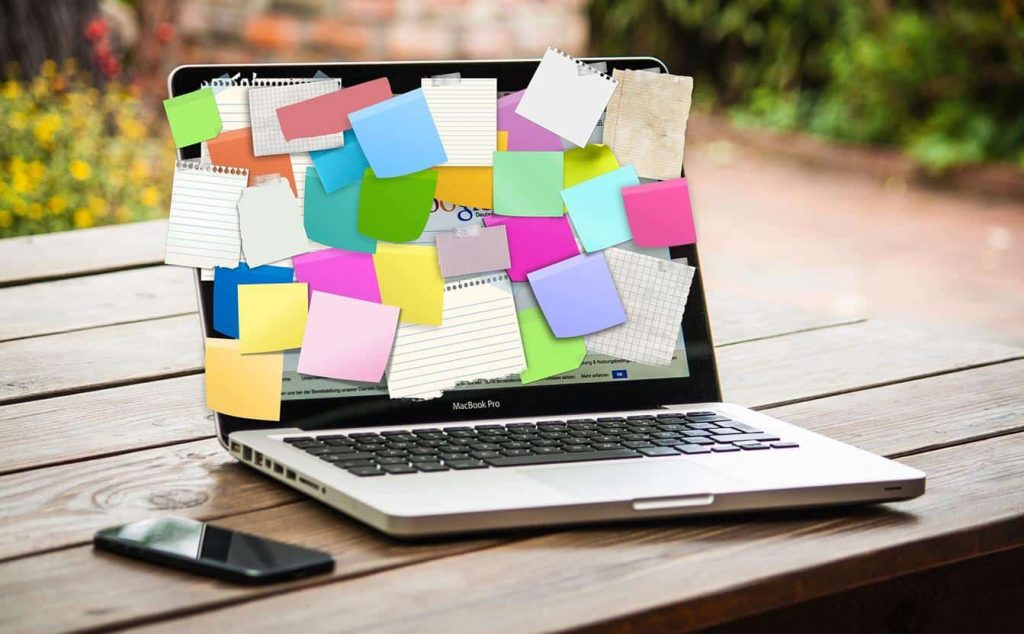 Almost every conversation about productivity mentions procrastination, and how it is the enemy of productivity. In an earlier article, we saw that procrastination can be good sometimes especially for purposes of creativity. Adam Grant discusses this in his book, Originals which I have summarized.
Almost every conversation about productivity mentions procrastination, and how it is the enemy of productivity. In an earlier article, we saw that procrastination can be good sometimes especially for purposes of creativity. Adam Grant discusses this in his book, Originals which I have summarized.
Commonly, we also tend to think that procrastination is a time management problem. While this is how it looks to the eye, it is not. The reason we delay activities and procrastinate has to do with the fact that we don’t feel good doing these activities and therefore we postpone the feeling of not feeling good. This means that procrastination is an emotional problem.
Think about it, when you know you are supposed to perform a certain task, but you are really not looking forward to it, you avoid it. You find a lot of other things to do that have nothing to do with the specific task.
The reason you may be avoiding the task could be that you fear you won’t be good at it, that you won’t do it well. These are negative thoughts, feelings, and behavior that are associated with fear of failure, low self-esteem, lack of confidence, and feeling incompetent.
You also avoid tasks that don’t make you feel good, either for being too difficult or too involving. If for example I have been tasked to write an article that is challenging for me, I tend to avoid it for the longest time possible.
This is because first, well, it is not fun to write on a topic that I am not comfortable with. Secondly, I feel inadequate and fear that I will not perform well on this task, and this hurts my confidence. Since it doesn’t make me feel good, I avoid it even more. This is me procrastinating.
We procrastinate because we are afraid
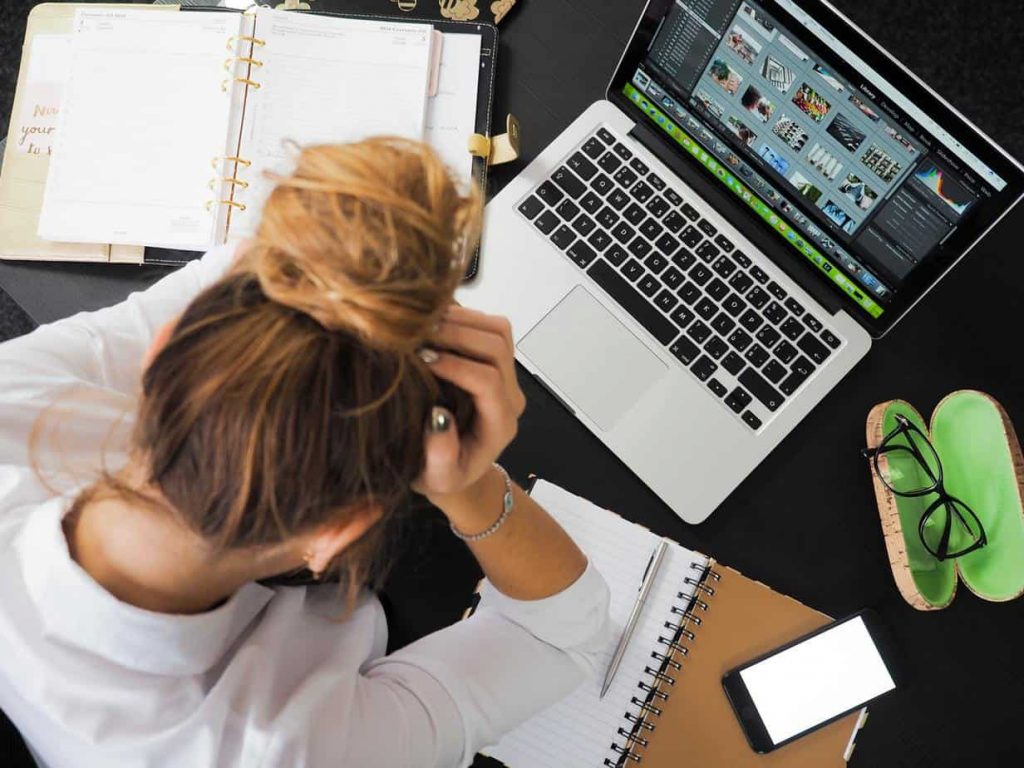 Its fear that keeps us from taking on a task and the result of this is anxiety. Anxiety develops when you postpone a task and continuously think about it and yet you are not doing anything about it.
Its fear that keeps us from taking on a task and the result of this is anxiety. Anxiety develops when you postpone a task and continuously think about it and yet you are not doing anything about it.
Further, overthinking makes the task seem more difficult than it is hence the more you think about it, the more you avoid it. Evidently, procrastination, therefore, has little to do with how you manage your time, but more to do with how the pending task makes you feel. If handling the task is not enjoyable, you continue pushing it away and handle the fun tasks.
Lack of self-regulation
 Lack of self-regulation, or poor emotional regulation, one of the elements of emotional intelligence, leads us to procrastinate. We fail to regulate our emotions and motivate ourselves.
Lack of self-regulation, or poor emotional regulation, one of the elements of emotional intelligence, leads us to procrastinate. We fail to regulate our emotions and motivate ourselves.
We wait until when we are feeling good to get started. We wait to work on the task when we are feeling all pumped up and motivated. Waiting for inspiration, however, can take forever.
We lack delayed gratification
 We know very well that after we are done with the task, we will feel really good. However, we have to first go through something unpleasant. As opposed to choosing to feel great later, we want to feel great now.
We know very well that after we are done with the task, we will feel really good. However, we have to first go through something unpleasant. As opposed to choosing to feel great later, we want to feel great now.
We pick that remote and scroll, or the phone to go on social media or call a friend to hang out. When we procrastinate, we put more importance on feeling good right now and trade it for feeling good later. We don’t know how to delay gratification and we want it now.
“Procrastination is a self-defeating behavior pattern marker by short term benefits and long term costs”- Roy Baumeister
The problem with procrastination
I watched Tim Urban’s ted talk about procrastination and felt compelled to write about it. Urban shows that inside the mind of a procrastinator is a gratification monkey that chooses to feel good now and to hell with the future.
This monkey only cares about now, to take it easy and have fun. It guides you to do things that are easy and fun, such as eating, watching TV, and leisure time.
However, we will never get anything important done if we only do fun things. If all you do are fun things, at the end of the day you are filled with guilt, anxiety, self-loathing and you are not so proud of yourself. This is a common feeling among procrastinators.
We then have the Panic Monster. This guy is commonly dormant, but wakes up and panics when the deadlines are close or when you are really in danger if you don’t get the necessary work done.
People who don’t procrastinate much have a very active panic monster. However, the panic monster only gets up when you have a deadline. What happens when you have important stuff that needs to be done and they don’t have a deadline?
The problem with procrastination is that it can make you never work on the things that are important to you. You may never write that book, start that dissertation, or that painting or simply do anything important because well, most of these things don’t have deadlines.
This is what is wrong with procrastination. By always choosing instant gratification, you may never get anything that makes you uncomfortable done. The truth is, the important things make you uncomfortable.
Watch this Ted Talk by Tim Urban, understand what goes on in your mind when you are procrastinating so that when you seek strategies to help you stop procrastinating, you come from a point of knowledge.
How can you manage your emotions and stop procrastinating?
Identify the task
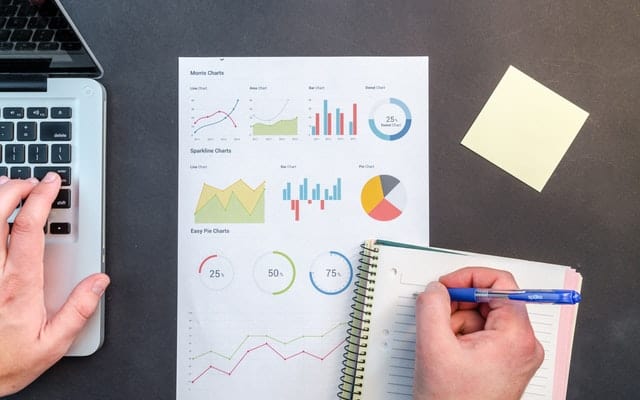 First, you need to identify the task you need to perform. This part is important because sometimes we feel general anxiety without being able to point at the cause of anxiety.
First, you need to identify the task you need to perform. This part is important because sometimes we feel general anxiety without being able to point at the cause of anxiety.
We often result to behaviors that make us feel good without knowing what exactly is costing us anxiety. If you have several pending tasks, take a good look at them or write them down and identify the one you are really not looking forward to, hence the root of your anxiety.
Allow yourself to feel the emotion
 The next step is to allow yourself to feel the feeling you are experiencing without denying it. If you feel afraid to go through the task because you feel inadequate, allow yourself to feel that.
The next step is to allow yourself to feel the feeling you are experiencing without denying it. If you feel afraid to go through the task because you feel inadequate, allow yourself to feel that.
Acknowledge that the reason you are hesitating to work on the task probably has to do with the fact that you don’t feel competent enough, or that you didn’t do so well in a past similar task.
Acknowledging this helps you get on the task equipped with a mindset of solving the problem. I discussed this earlier under defensive pessimism whereby considering worse case scenarios helps you prepare more for the task.
“Fear is when I have caution over a real and present danger. Anxiety is when I have caution over a future imagined danger” Myron Golden.
Get started
 The third step is to get started. Some things are giants when in our minds and not as bad in reality. You may be magnifying this task and it is not that huge.
The third step is to get started. Some things are giants when in our minds and not as bad in reality. You may be magnifying this task and it is not that huge.
You think it is difficult or strenuous before you have started on it but once you do, you realize that it is not that bad. Getting started helps you break down the task from one huge and scary task into small manageable steps. This way, the task doesn’t seem so threatening.
Our anxieties are a result of blowing situations out of proportion. You can stop procrastinating by simply deciding to take up the task and break it down to small parts that are not so scary.
Be comfortable with being uncomfortable
 Lastly, in order to handle future procrastination problems, allow yourself to be comfortable with being uncomfortable. Our constant need for instant gratification makes us do the thing that makes us happy right now and if the task is not so nice, of course, we tend to postpone it.
Lastly, in order to handle future procrastination problems, allow yourself to be comfortable with being uncomfortable. Our constant need for instant gratification makes us do the thing that makes us happy right now and if the task is not so nice, of course, we tend to postpone it.
This is why you find yourself watching Netflix knowing very well you have a deadline or something that needs your immediate attention. You seek instant gratification by choosing activities that makes you feel good now and avoid activities that make you feel uncomfortable.
You can train your mind not to always result to instant gratification but focus on things that bring long-term satisfaction. Think about how nice it would be to watch Netflix knowing that you have completed all your tasks and can enjoy a show guilt-free.
Constantly remind yourself that you may not be feeling great working on the task, but you will feel so much better after you are done.
Confronting the monster
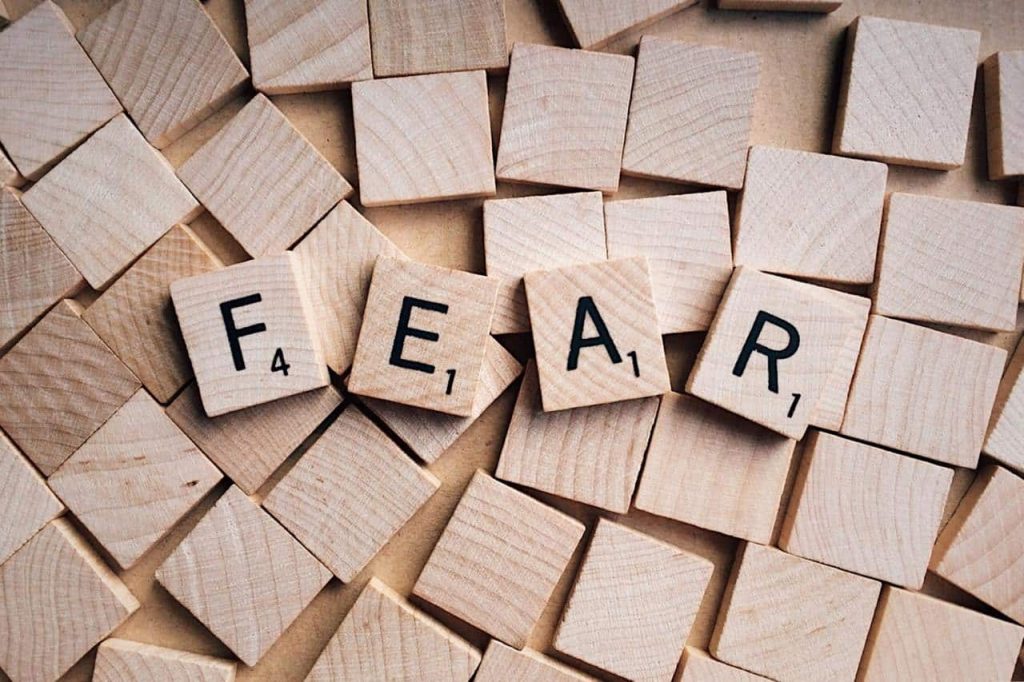
A future strategy to help you stop procrastinating is to confront the monster. You avoid a task because it threatens you. If it seems too difficult, it threatens your confidence and rather than confront it, you choose to avoid it.
I have learned from experience that when I confront tasks they don’t turn out to be as scary as they were in my mind. It is our nature to sometimes overthink and magnify something in our mind and in reality, it’s not that bad.
When you confront the task and break it down into small pieces, it turns out it is something you can do and you wonder why it scared you so much initially. Once I learned this, I go through the task and understand it.
Even if I won’t work on it immediately, I can now appreciate the benefits of procrastination whereby I can churn it in my head coming up with strategies to deal with it.
Do it even when you don’t feel like it
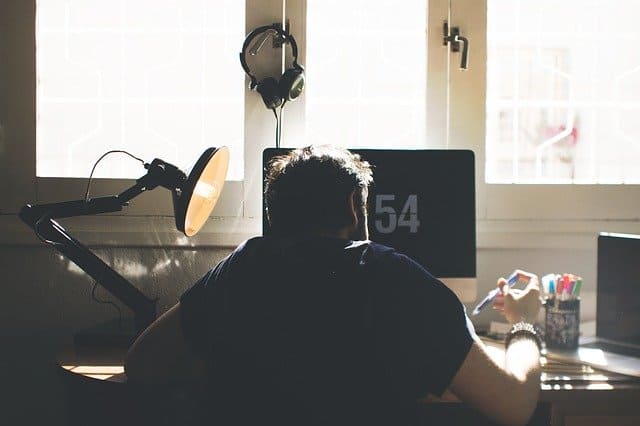 As earlier mentioned, we tend to procrastinate due to our lack of self-regulation. Sometimes, we don’t have the capability to regulate our emotions.
As earlier mentioned, we tend to procrastinate due to our lack of self-regulation. Sometimes, we don’t have the capability to regulate our emotions.
We don’t have intrinsic motivation and constantly wait for external motivators. Lack of self-regulation means that we lack the discipline to get up and get things done even when we don’t feel like it.
We wait to feel inspired. Sometimes inspiration may not strike for weeks and as a result, we get nothing done.
I hope these strategies can help you stop procrastinating and start living your best life. If you take action, you will feel better about yourself. Getting things done also reduces anxiety and you live a more wholesome life!
Recommended book on procrastination: Eat that Frog: 21 Great Ways to Stop Procrastinating and Get More Done in Less Time

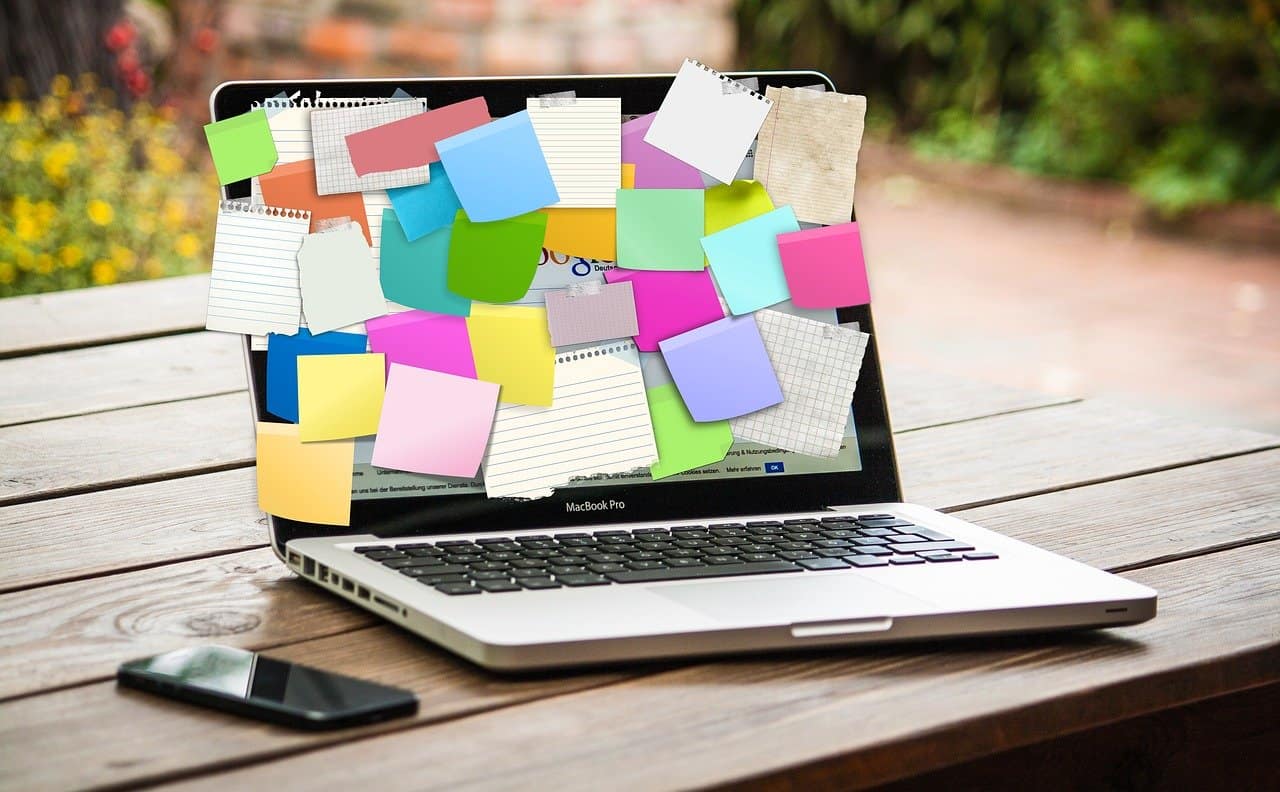




Comments